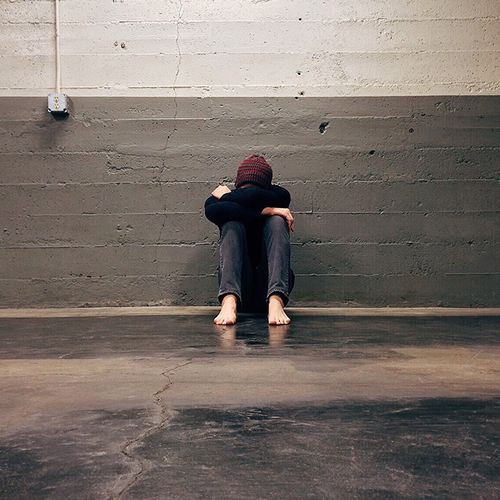Depression can worsen the pain of knee osteoarthritis, a recent study finds. Osteoarthritis, the most common form of arthritis, occurs when cartilage in the joints wears down over time.
The Study
South Korean researchers used X-rays to assess the severity of knee osteoarthritis in 660 men and women, ages 65 and older. The patients were also evaluated for the severity of their symptoms and for depression.
As expected, levels of pain were higher in patients whose X-rays showed greater joint damage. However, the researchers also found that depression was associated with an increase in pain in patients with mild to moderate knee osteoarthritis, even when significant joint damage was not evident in the X-ray image.
The findings are published in the Journal of Bone and Joint Surgery.
Implications
"Knee osteoarthritis is a common cause of pain and impairment in older adults. Often, the level of arthritic symptoms reported by patients is much more severe than what is represented by X-rays, which can make it difficult for the doctor to treat," said study author Tae Kyun Kim, MD, PhD, director of the division of knee surgery and sports medicine at Seoul National University Bundang Hospital's Joint Reconstruction Center.
"The results of this study indicate that depression can play a major role in the way patients experience the symptoms of knee arthritis, and that even when X-rays show the arthritis is not severe, patients with depression may report significant pain," Dr. Kim said.
"The relationship between pain and depression suggests that both should be considered by physicians when treating patients with knee osteoarthritis, particularly in those with X-rays not indicating severe damage to the joint," Dr. Kim added.
Dr. Kim also noted that some patients with knee osteoarthritis still experience pain and impaired movement after undergoing knee replacement surgery.
"Sometimes pain and disability after surgery is medically unexplained, so in these patients screening for depression might be a very good option," Dr. Kim suggested.
According to the US National Institute of Mental Health, depression often goes undiagnosed in the elderly.
Arthritis? Get Happy!
When people with osteoarthritis were asked questions about their pain and psychological states once a week over 12 weeks, those with the lowest scores on a mental health scale had twice the number of pain flare-ups as participants with the highest scores.
Theory: Treatment for mental health issues could effectively lessen arthritis pain.
